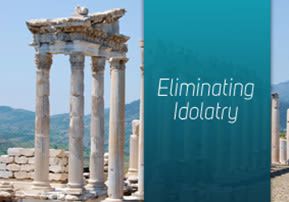
Re’eh: Eliminating Idolatry
Parshat Re’eh: Outside the Land of Israel, the harmonious vision of a unified world cannot be truly revealed. A fragmented worldview, emphasizing division and isolation, reigns...

Translated and abridged by Rabbi Chanan Morrison
Parshat Re’eh
As a condition for inheriting and keeping the Land of Israel, God commanded that all idolatry be destroyed.
"Do away with all the places where the nations whom you are driving out worship their gods … You must tear down their altars, break up their sacred pillars, burn their Asherah trees, and chop down the statues of their gods. You will obliterate their names from that place." (Deut. 12:2-3)
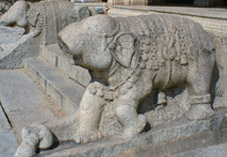 The Torah stresses that this obligation to destroy idolatrous artifacts is primarily in "Eretz Yisrael". As the Sages commented,
The Torah stresses that this obligation to destroy idolatrous artifacts is primarily in "Eretz Yisrael". As the Sages commented,
"'You will obliterate their names from that place' — in the Land of Israel you are commanded to pursue idolatry (until it is totally eradicated), but not outside the land." (Sifri; see Maimonides, Laws of Idolatry 7:2)
Idolatry is clearly the antithesis of the monotheistic message of Judaism. The imperative to fight idolatry should not be limited to a particular location. Why does the Torah connect the eradication of idolatry to living in the Land of Israel?
Monotheism Versus Idolatry
The conflict between monotheism and idolatry is a conflict between two fundamental outlooks on the world. Idolatry sees the world as divided and fragmented. In this bleak worldview, materialism outweighs the spiritual, and the purpose of life is reduced to the fulfillment of physical desires.
Monotheism, on the other hand, teaches that the world has an underlying unity. As our sense of universal harmony and wholeness grows stronger, our spiritual longings increase, and all of our refined aspirations take on greater significance. The world advances and gains enlightenment.
The Land of Israel and Monotheism
According to the Sages, "The very air of the Land of Israel makes one wise." (Baba Batra 158b) The special atmosphere of the Land helps us sense the world's unified foundation. The Land of Israel is bound to the special spiritual life of the Jewish people. "EretzYisrael" is intrinsically linked to the outlook of the Torah, whose kernel is the inner truth of a united reality. For this reason, the complete obliteration of idolatry is especially pertinent to the Land of Israel.
Outside the Land of Israel, the harmonious vision of a unified world cannot be truly revealed. A fragmented worldview, emphasizing division and isolation, reigns overwhelmingly. All aspects of life are pervaded by a grim sense of existential estrangement. Any attempt to recognize the hidden unity of the world is hindered by the 'impurity of the lands of the nations'. The lands outside of Israel are permeated with the stench of idolatry. As the Sages wrote, "Jews who live outside the Land are idol-worshippers in purity (unintentionally)." (Avoda Zara 8a)
This distinction is also expressed by the difference between the Torah of "Eretz Yisrael" and the Torah of Exile. The Torah outside the Land excels in detailed arguments and subtle pilpul. This reflects the general sense of divisiveness felt there (see Sanhedrin 24a). The Torah of the Land of Israel, on the other hand, is an enlightened wisdom, connecting the details to their governing moral principles. "There is no Torah like the Torah of the Land of Israel." (Bereishit Rabbah 16:7)
The only way to be saved from the disgrace of idolatry is to reside in the Land of Israel. The Torah explicitly makes the connection between living in the Land and monotheistic faith: "To give you the Land of Canaan, to be your God." (Lev. 25:38)
* * *
(adapted from Orot HaKodesh vol. II, pp. 423-4)
Rabbi Chanan Morrison of Mitzpeh Yericho runs http://ravkookTorah.org, a website dedicated to presenting the Torah commentary of Rabbi Avraham Yitzchak HaCohen Kook, first Chief Rabbi of Eretz Yisrael, to the English-speaking community. He is also the author of Gold from the Land of Israel (Urim Publications, 2006).


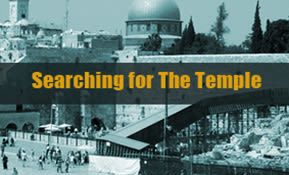

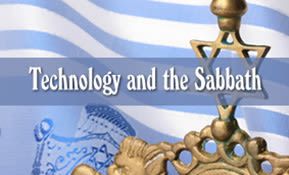
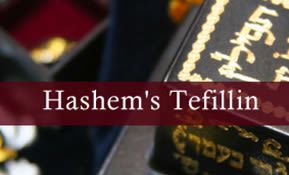

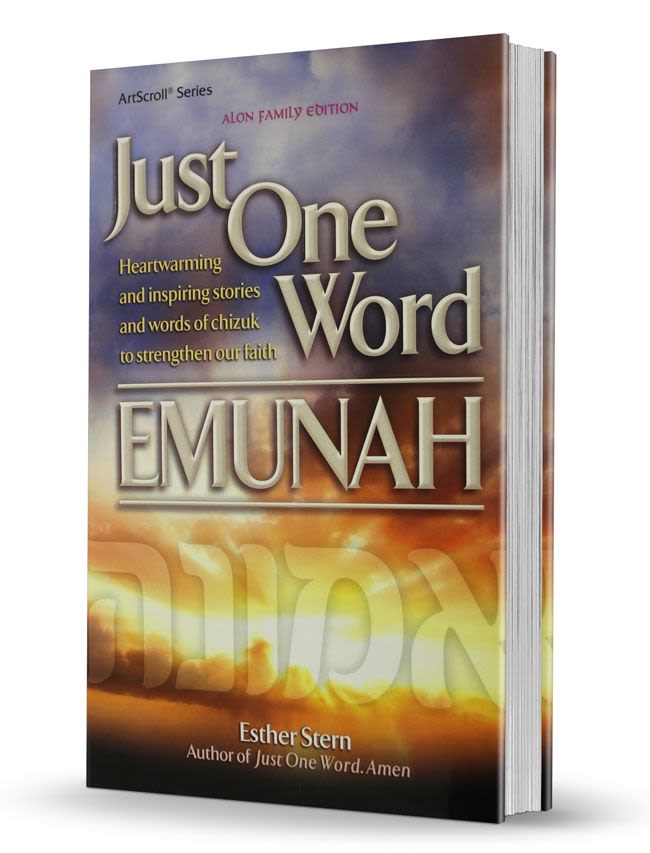


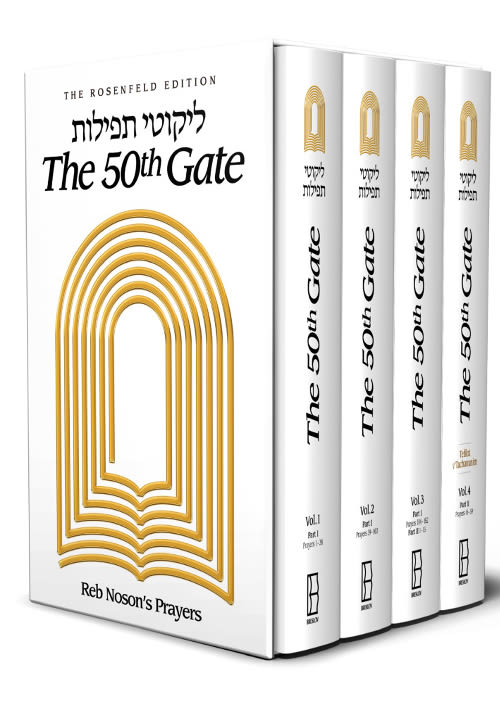
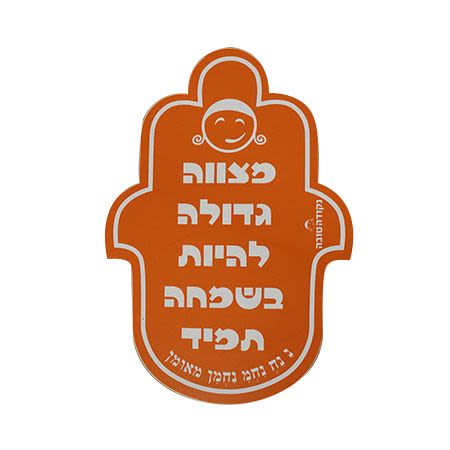
Tell us what you think!
Thank you for your comment!
It will be published after approval by the Editor.